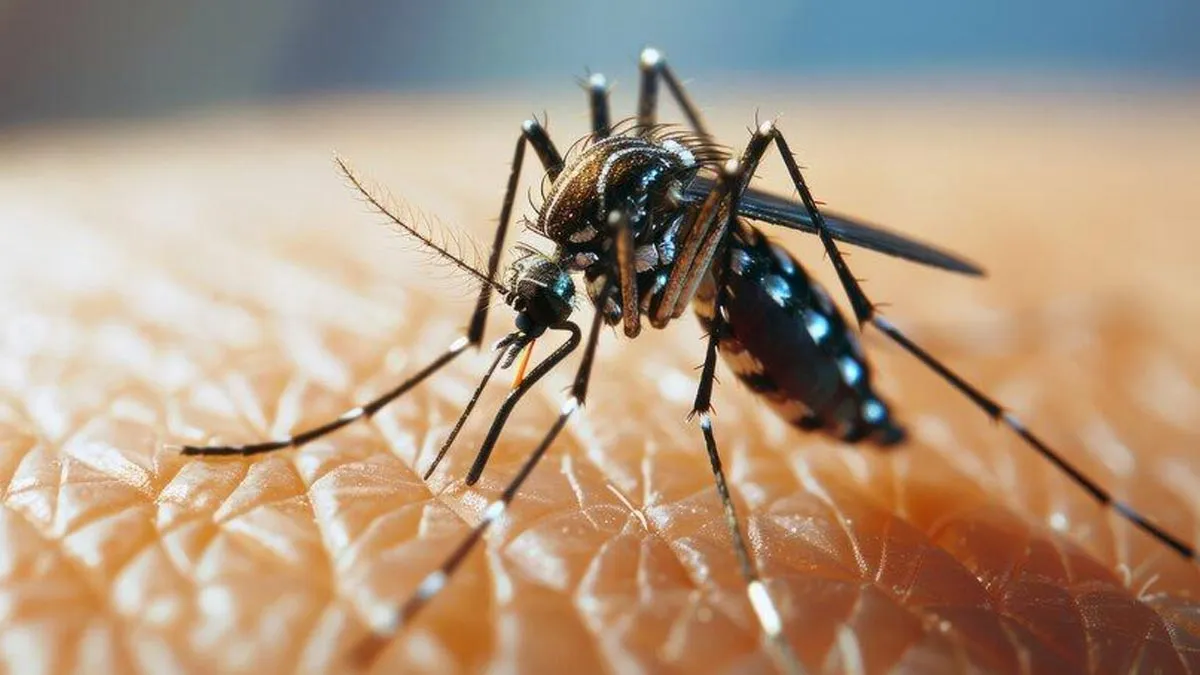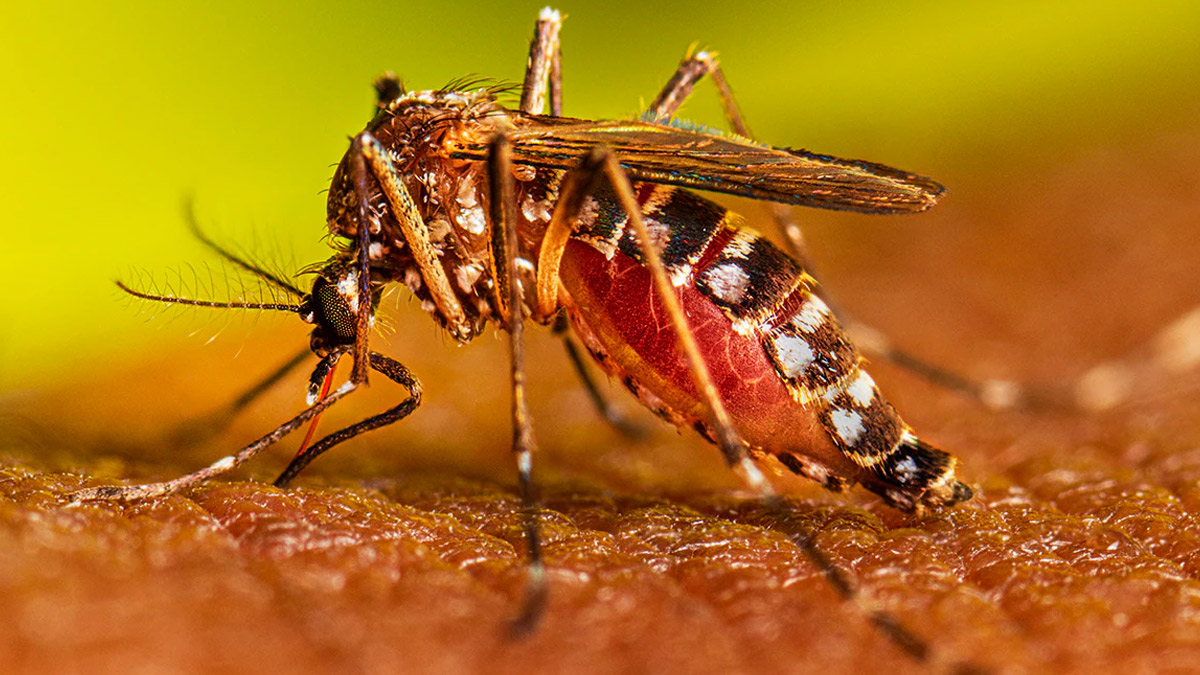
As dengue cases continue to rise sharply in Gurugram, with the count surpassing 175, the health department has initiated an array of preventive measures to curb the spread and inform residents about safety precautions. Despite consistent efforts by health officials, the numbers remain a concern as the city faces a prolonged dengue season expected to extend into December. The situation highlights the urgency for both community awareness and enhanced medical response.
Table of Content:-
Areas With the Highest Dengue Incidence
In Gurugram, specific regions such as Kadipur, Anjana Colony, Manesar, and Om Nagar have reported the highest rates of dengue and malaria cases. Patients diagnosed with these mosquito-borne diseases are experiencing a range of symptoms, including high fever, excessive sweating, severe headaches, abdominal pain, nausea, muscle aches, and in some instances, traces of blood in stool. Health officials indicate that cases are increasing each day, underscoring the critical need for strengthened medical support and preventive strategies.
Health Department’s Response: Medical Camps and Awareness Campaigns
In response to the rise in cases, the health department, alongside the Municipal Corporation of Gurugram (MCG), has set up medical camps across the most affected areas. These camps aim to reach communities at higher risk, including those in remote locations, where awareness levels about dengue prevention and symptom recognition might be lower. Through these camps, health workers are actively educating residents on protective practices, such as eliminating standing water, which serves as breeding grounds for mosquitoes.

To amplify these efforts, officials have launched information campaigns that leverage both traditional outreach and digital channels. SMS alerts are being sent to residents, providing guidance on dengue symptoms, preventive actions, and recommendations to seek medical attention if necessary. These outreach initiatives aim to arm the community with the knowledge required to recognize early symptoms and take timely action, potentially reducing severe cases and complications associated with delayed treatment.
Also Read: Australia Bans Social Media for Under-16s: Exploring the Harmful Effects on Young Minds
Medical Preparedness: Hospital Capacity and Dedicated Dengue Wards
With the escalating case load, Gurugram’s civil hospitals have been preparing for a possible surge in patients. Medical staff and local doctors have called for an increase in hospital bed capacity to accommodate dengue patients, as current resources may fall short if cases continue rising. Civil hospitals in the district have set up dedicated dengue wards to ensure patients receive specialized care and are not at risk of spreading the infection to other wards. The establishment of these wards allows medical personnel to closely monitor dengue cases, particularly those with severe manifestations of the disease, such as dengue hemorrhagic fever.
Vector Control Initiatives: Fogging and Mosquito Larvae Inspection
In addition to direct medical measures, the vector control department has ramped up mosquito population control efforts. Large-scale fogging operations are underway across the city to limit mosquito breeding, particularly in residential and high-risk zones. Officials have conducted thorough inspections across approximately 12,804 households in Gurugram, checking for and eliminating mosquito larvae from potential breeding sites. This proactive approach aims to minimize future dengue cases by targeting the root cause: mosquito proliferation in stagnant water sources.
Also Read: Zika Virus Detected in Gujarat; Patient Recovers Fully and is Discharged
Residents are also being advised to conduct regular checks around their homes, as even small collections of water in potted plants or other containers can serve as ideal mosquito breeding environments. By involving the community in these preventive practices, authorities hope to achieve a significant reduction in mosquito habitats, thereby reducing dengue transmission rates.
Doctors’ Recommendations for Preventing Dengue
Local medical practitioners are emphasizing the importance of preventive measures for residents, particularly during this high-risk season. Doctors recommend wearing long-sleeved clothing, using mosquito repellents, and installing window and door screens to keep mosquitoes out of homes. Furthermore, they urge anyone experiencing symptoms like high fever, persistent headaches, or severe joint and muscle pain to seek medical assistance promptly, as early intervention can be crucial in managing the disease.
Looking Ahead: Sustaining Efforts to Contain the Outbreak
With dengue cases showing no immediate signs of decline, Gurugram’s health authorities remain on high alert. The steps taken, including establishing medical camps, expanding hospital resources, and executing comprehensive vector control, reflect the gravity of the situation. The success of these measures, however, depends significantly on public participation and awareness, as community efforts in keeping living spaces free from mosquito breeding grounds are essential.
As the season for dengue hemorrhagic fever is expected to last until December, continuous vigilance will be required to manage the situation effectively. Authorities hope that with ongoing collaboration between health officials and residents, the spread of dengue in Gurugram can be contained, protecting the city from further escalation of this public health challenge.
Also watch this video
How we keep this article up to date:
We work with experts and keep a close eye on the latest in health and wellness. Whenever there is a new research or helpful information, we update our articles with accurate and useful advice.
Current Version